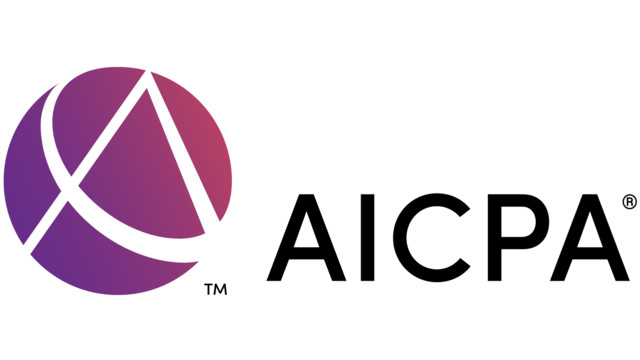The American Institute of CPAs (AICPA) voice strong support for the bipartisan STEM Education in Accounting Act, introduced by Senators Susan Collins (R-ME) and Jacky Rosen (D-NV). As the accounting profession continues to evolve, this legislation not only recognizes the link between technology and accounting, but also provides a pathway to grow and diversify the profession.
Universities hear increasingly from the accounting profession that there is an urgent need for more tech-savvy CPAs, and graduate-level accounting departments are moving quickly to integrate more technology and data analysis skills into the curriculum. The AICPA believes that designating accounting as STEM will increase student engagement and open a pipeline to increased diversity within the accounting profession.
“Accounting is a cornerstone of American business models and we are grateful to Senators Collins and Rosen for their leadership in designating the accounting profession as a STEM curriculum,” said AICPA Chief Executive Officer for Public Accounting, Susan Coffey, CPA, CGMA. “Recognizing accounting as a STEM curriculum sends a clear signal to public markets that the accounting profession and it’s services are important elements in public protection and that we are ready and qualified to assess the technological advances in business today.”
Accounting professionals’ use of technology reflects their role as trusted advisors to businesses, nonprofits and individuals. For many years they have been using and applying advanced technology such as artificial intelligence and technology-enabled techniques to perform highly sought-after services. As the profession continues to evolve its services in areas like cybersecurity, information integrity and systems controls and its use of emerging technologies and techniques, such as blockchain and data analytics, the integration of this knowledge with quantitative reasoning skills enhances accountants’ ability to make informed decisions, solve complex problems and improve the delivery of services in the audit, finance and tax arenas.
Thanks for reading CPA Practice Advisor!
Subscribe Already registered? Log In
Need more information? Read the FAQs




